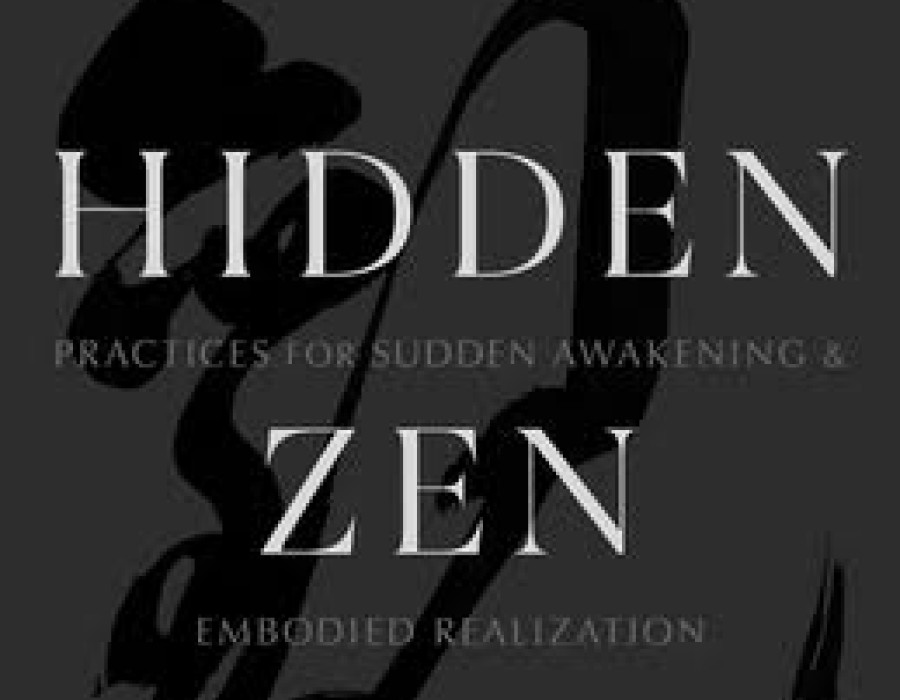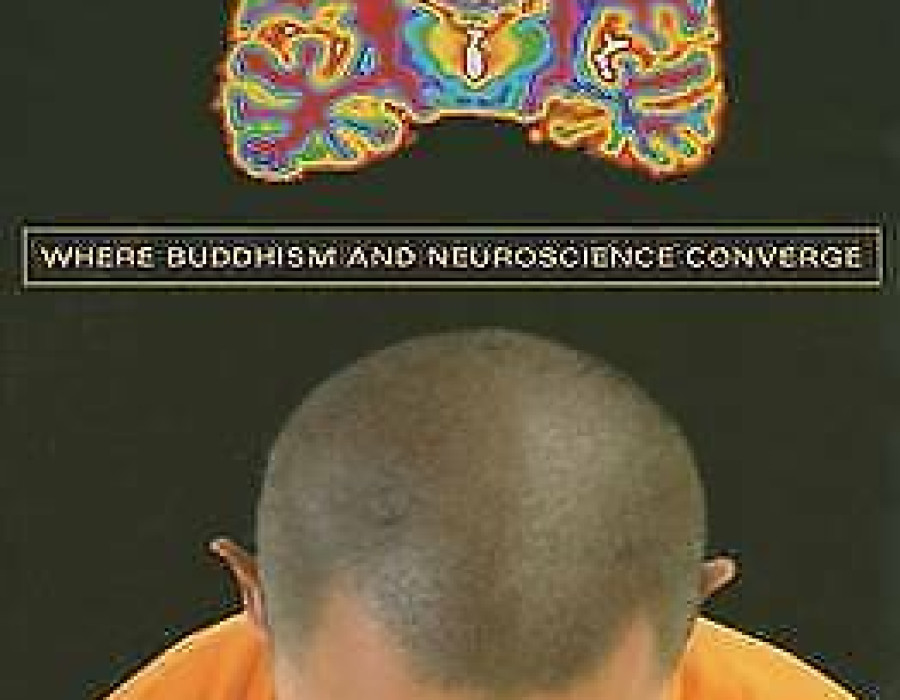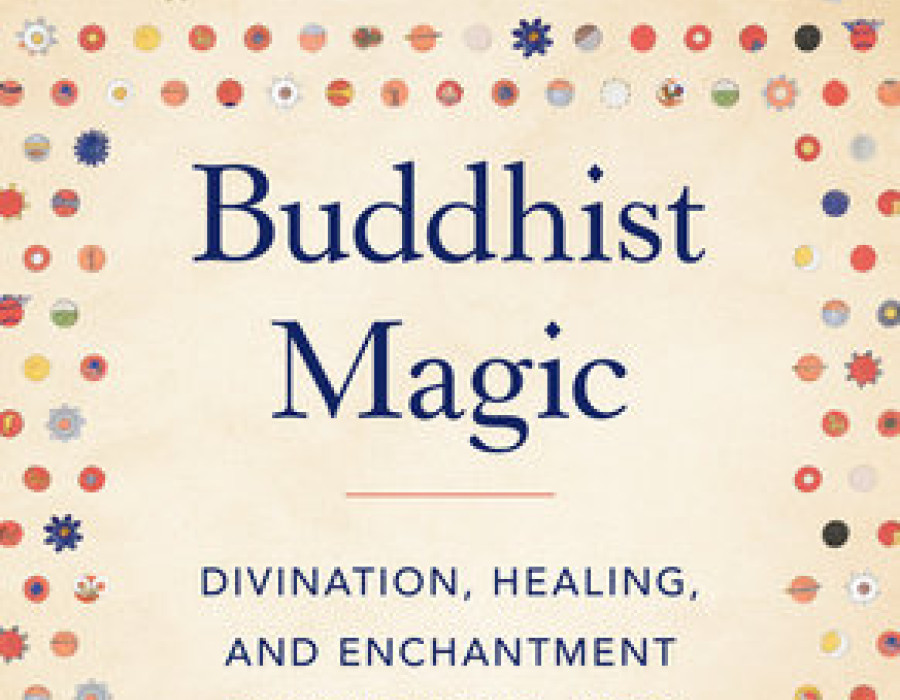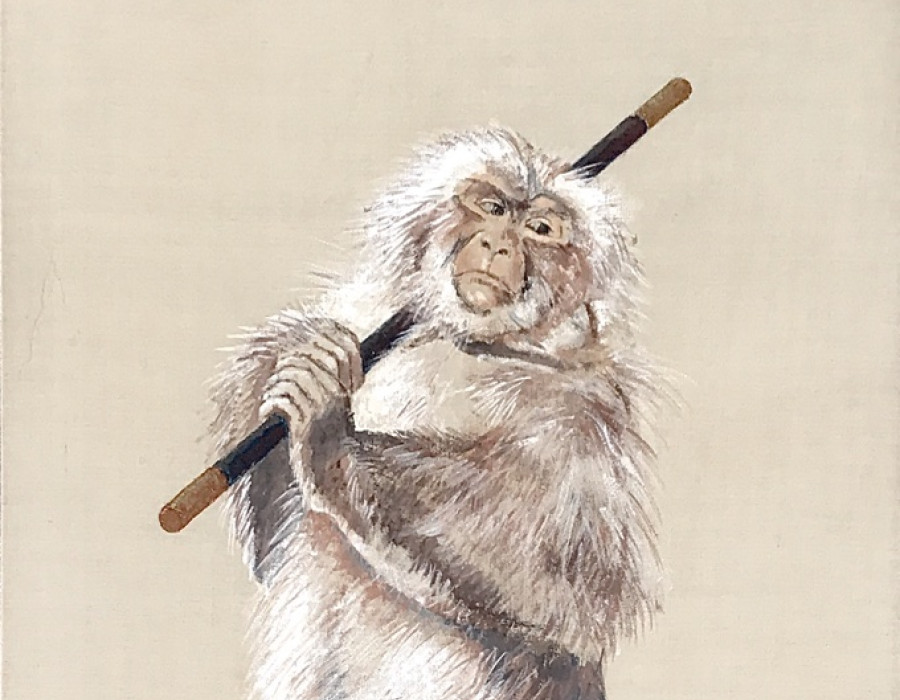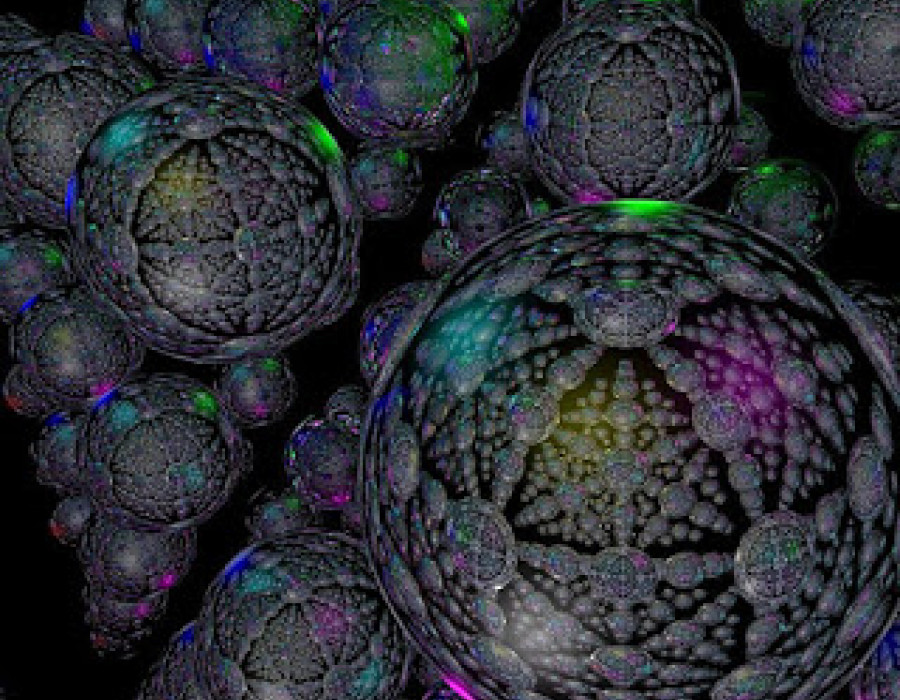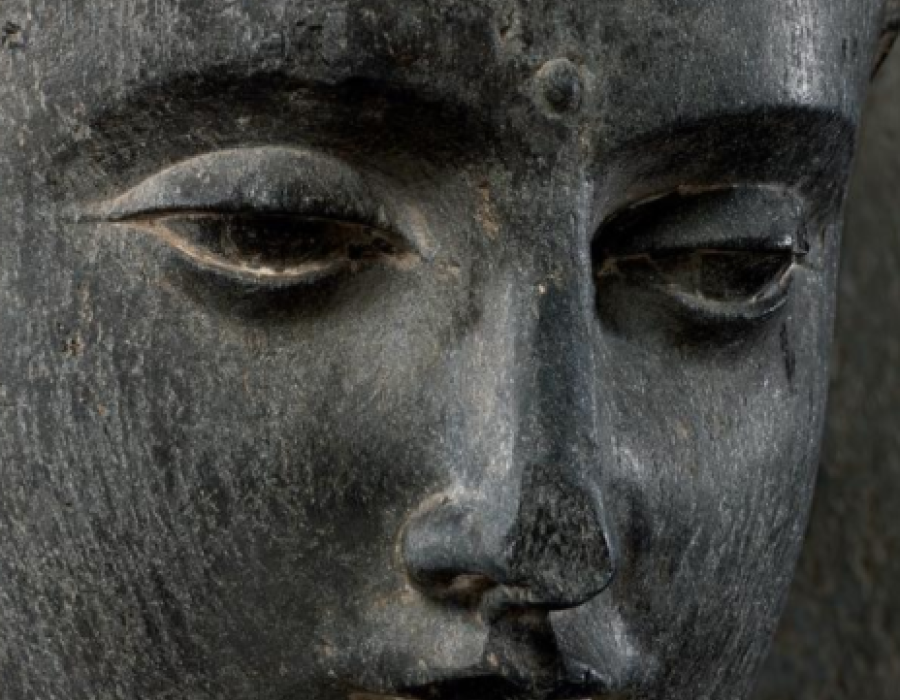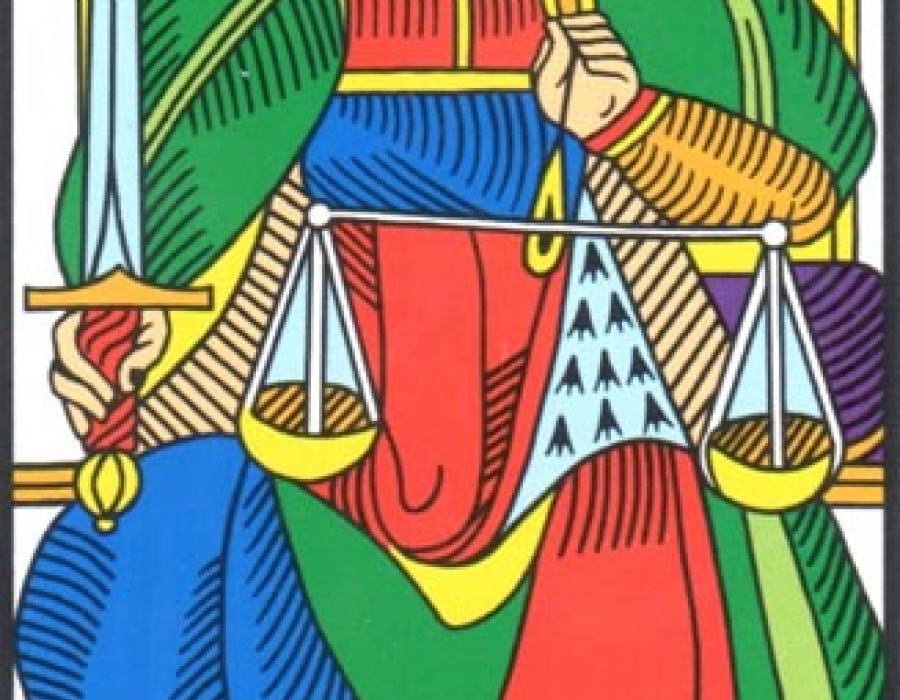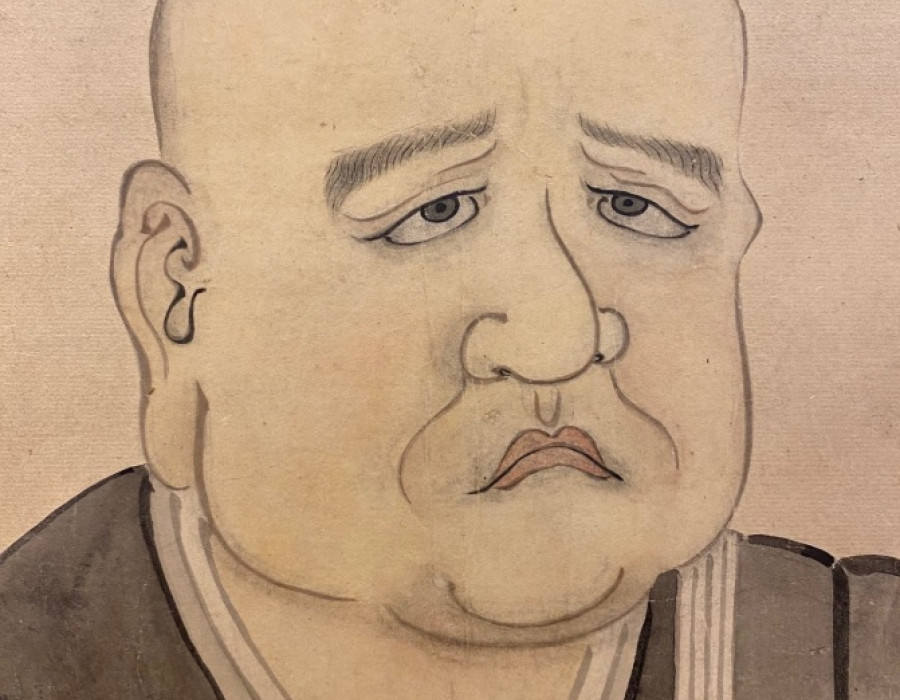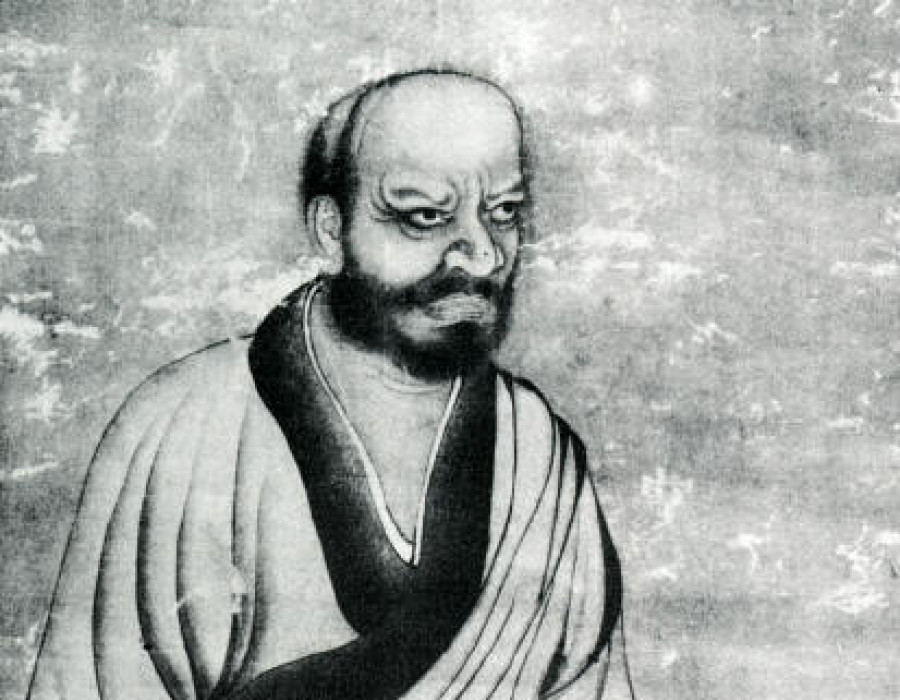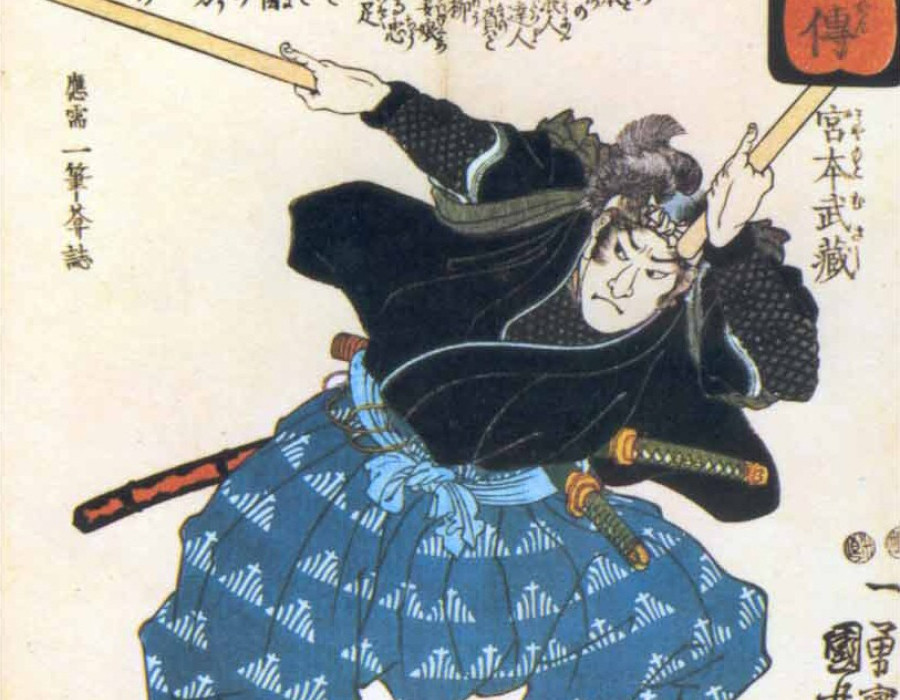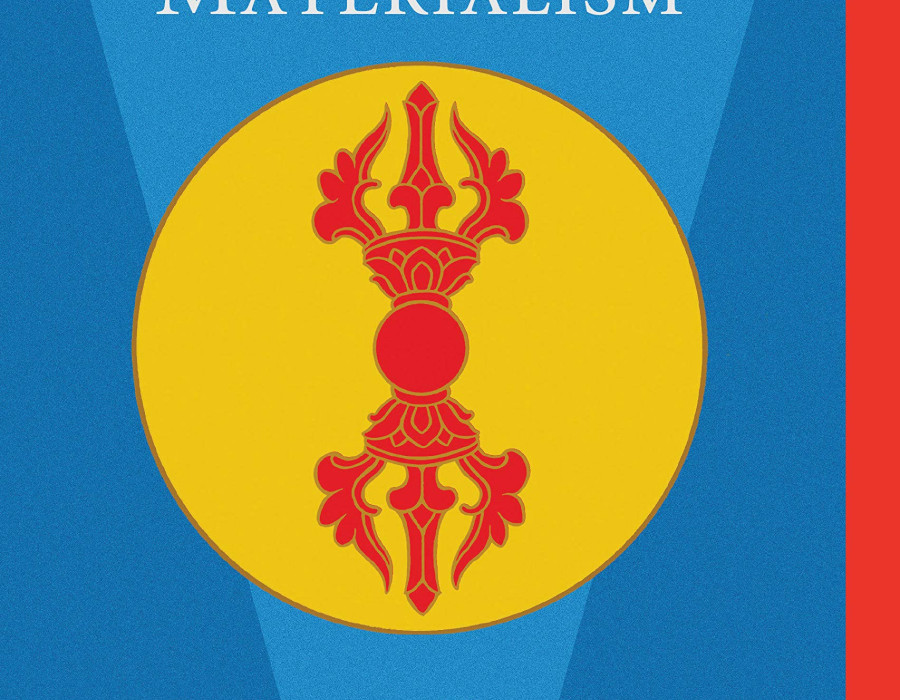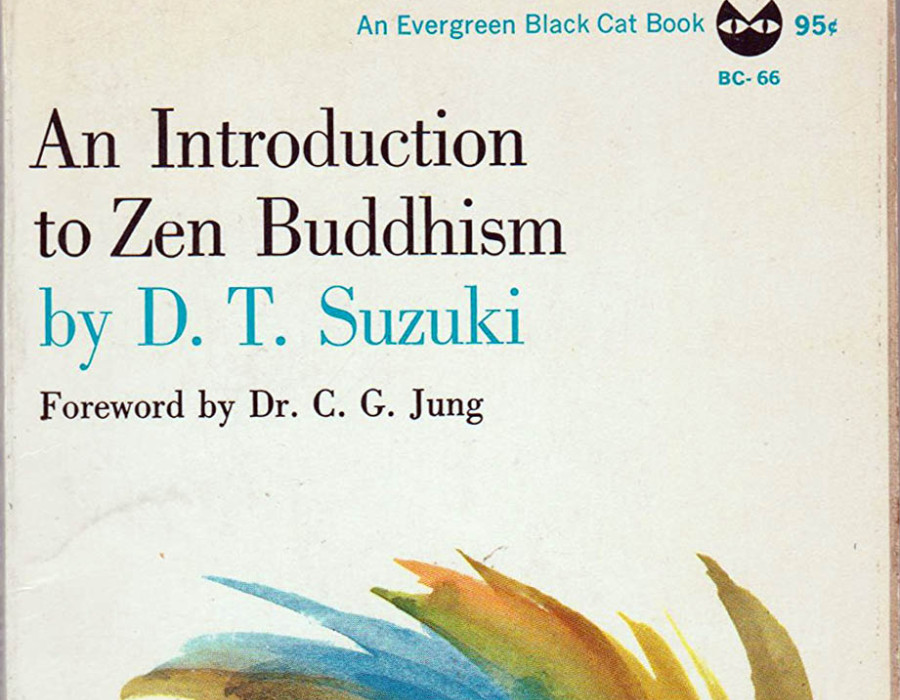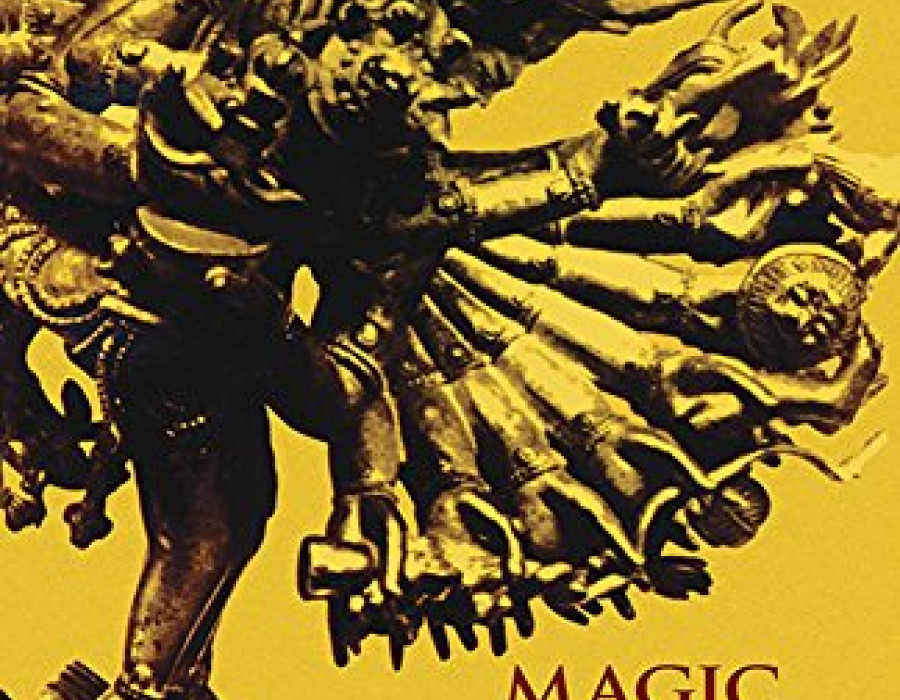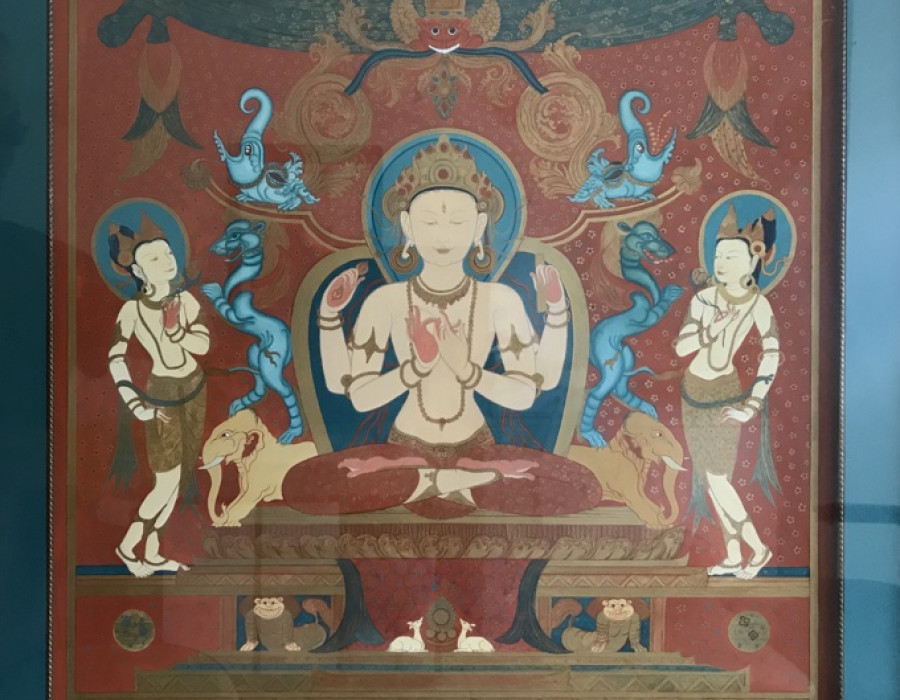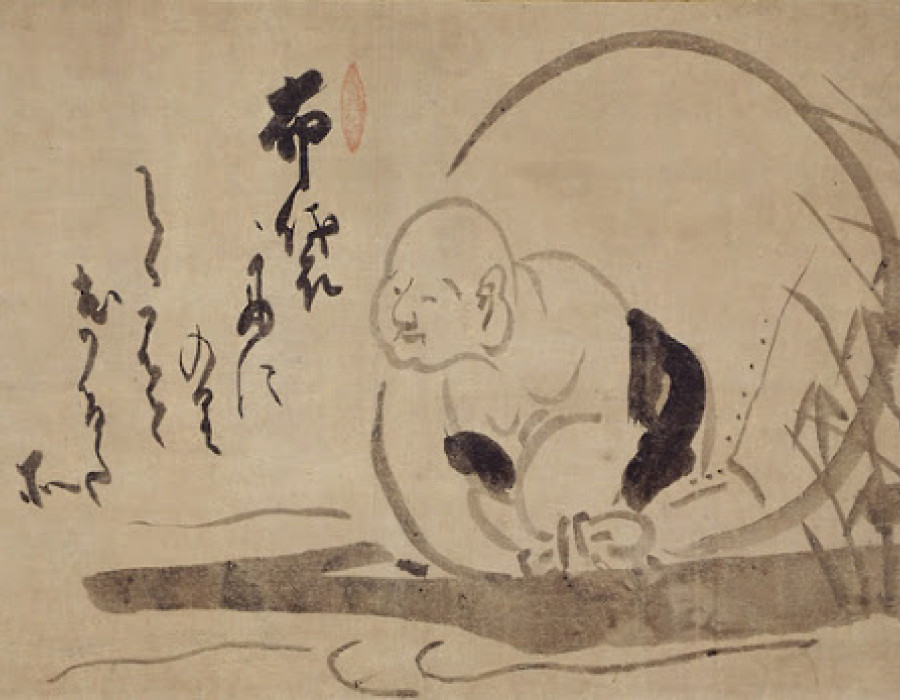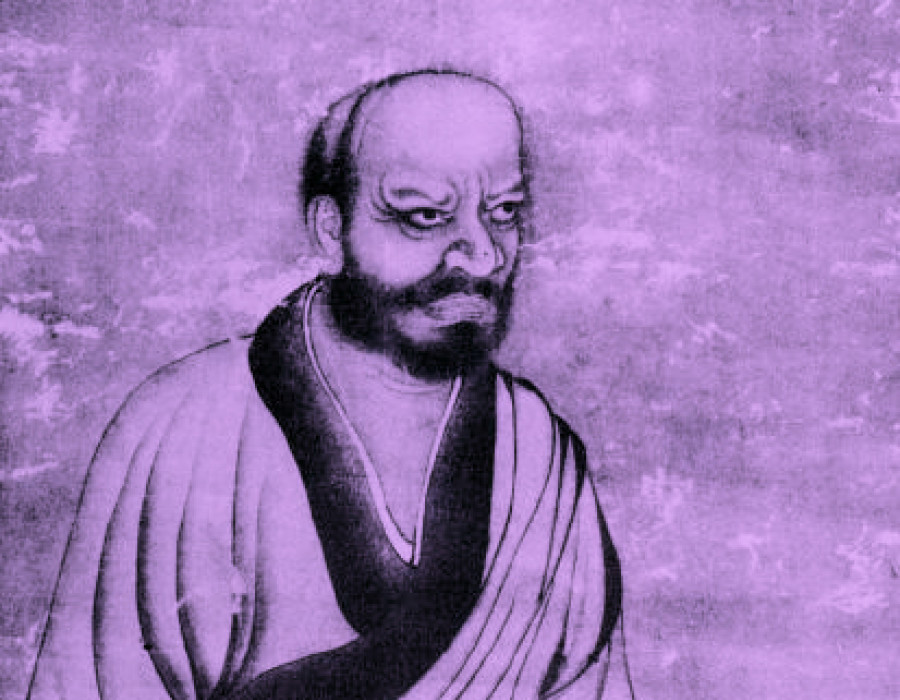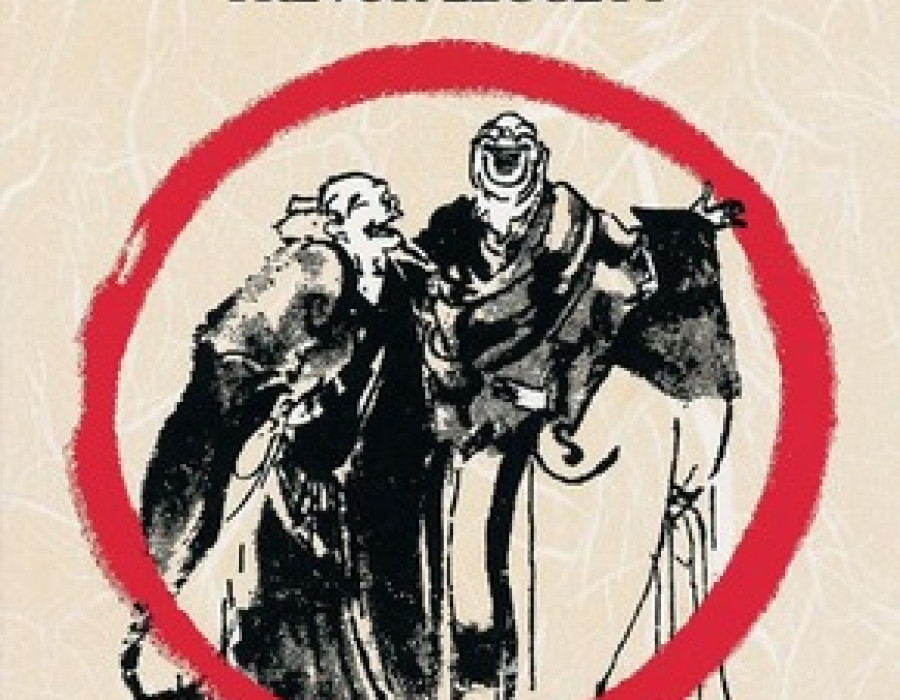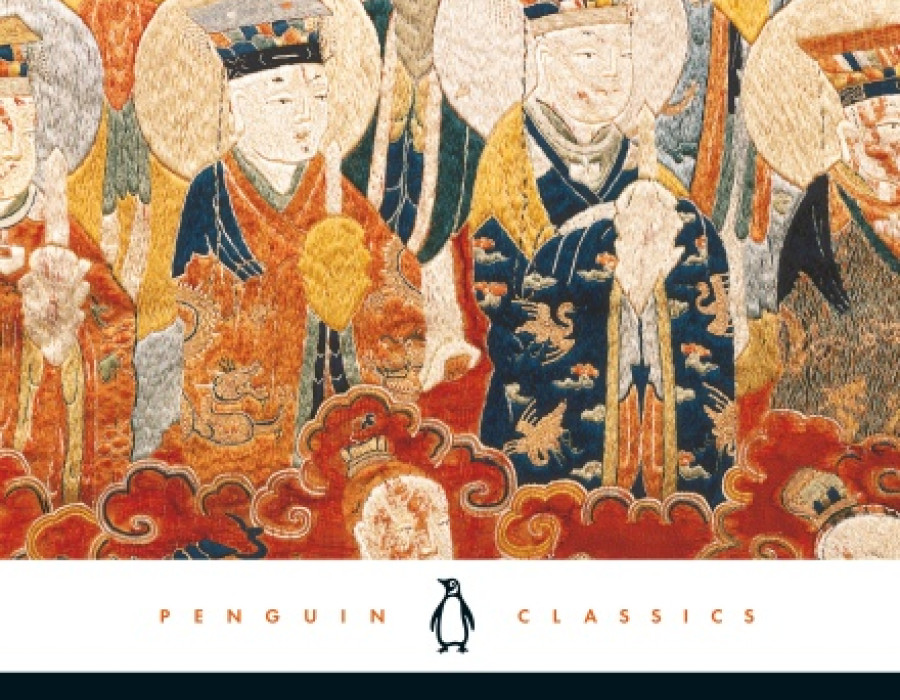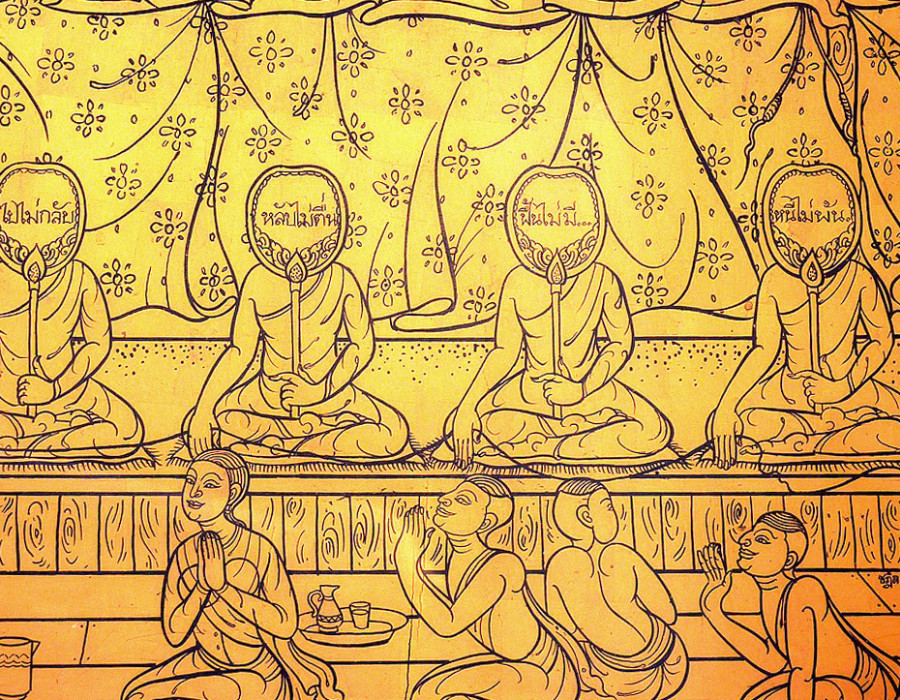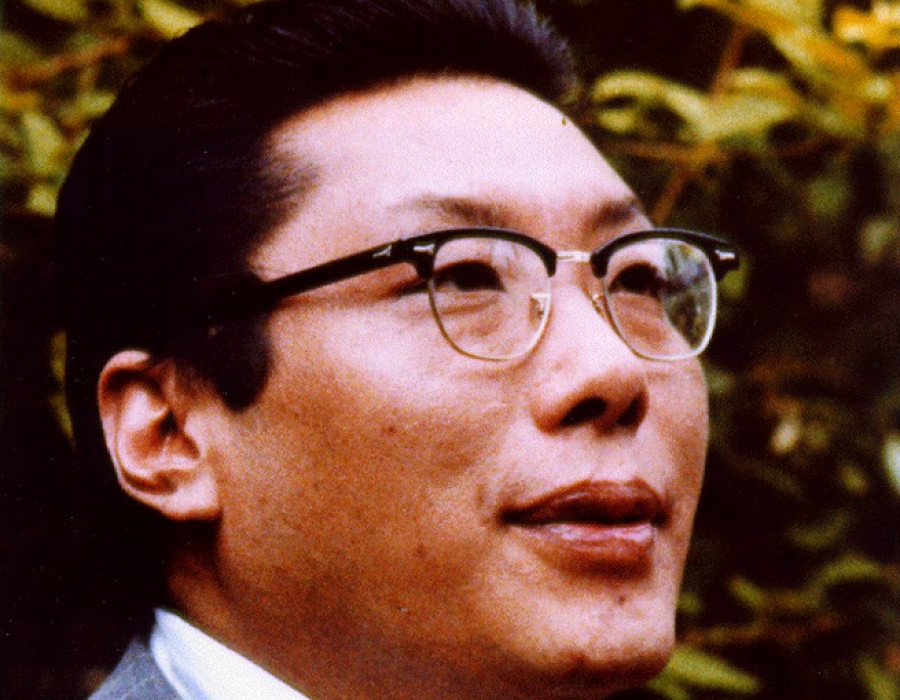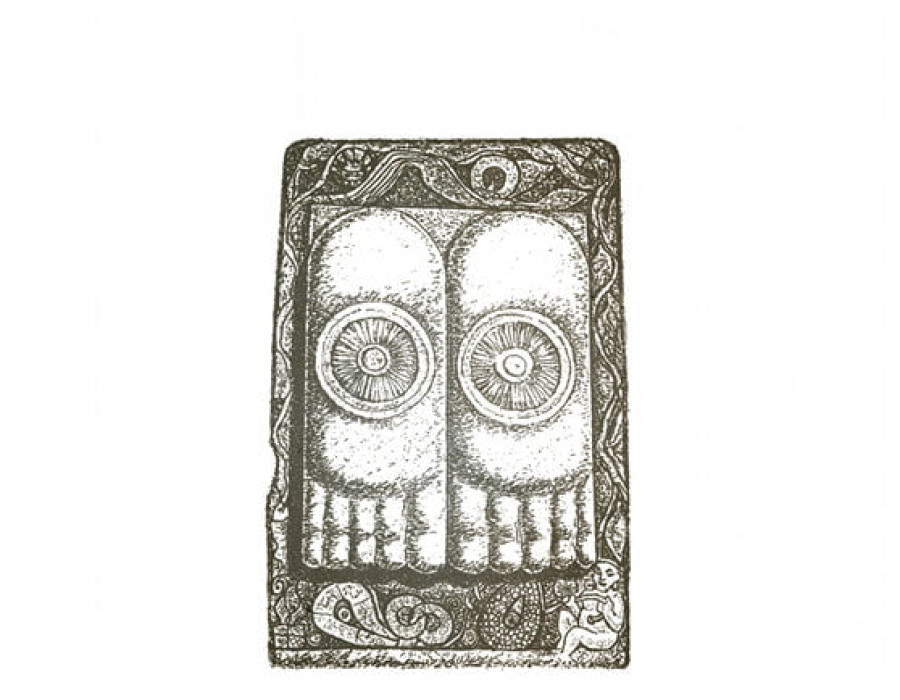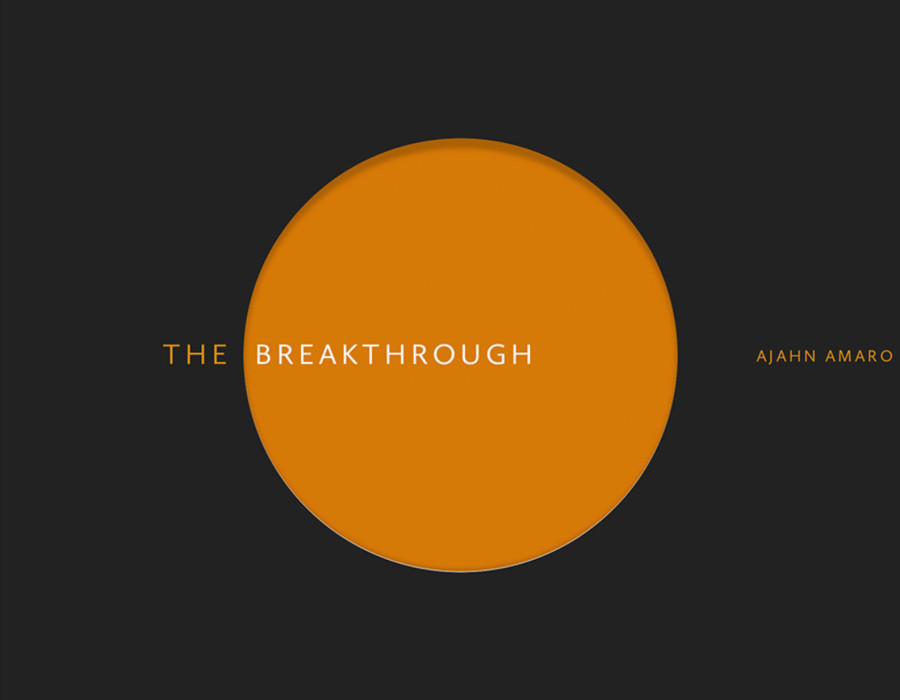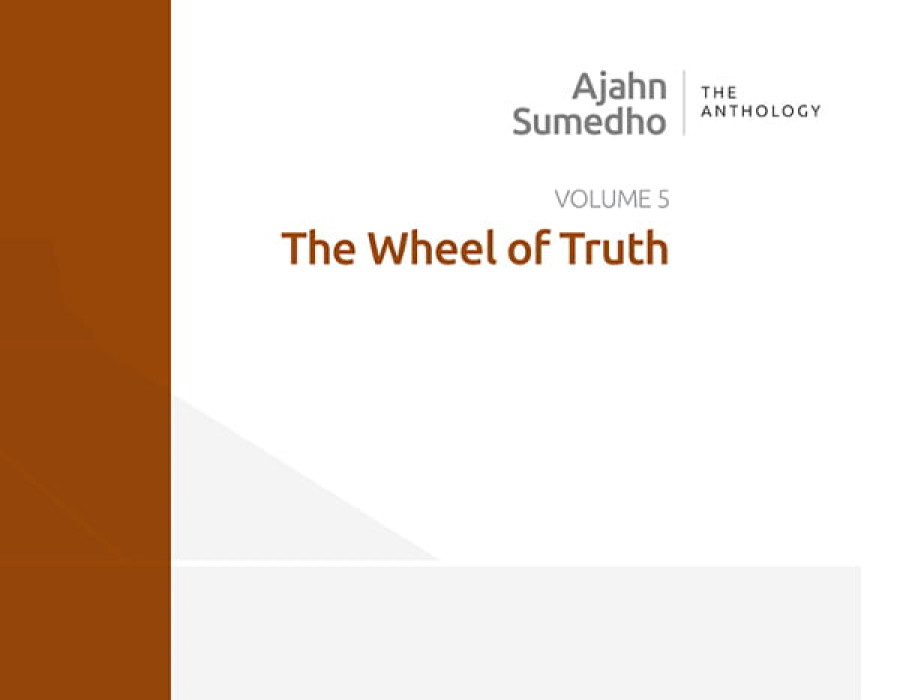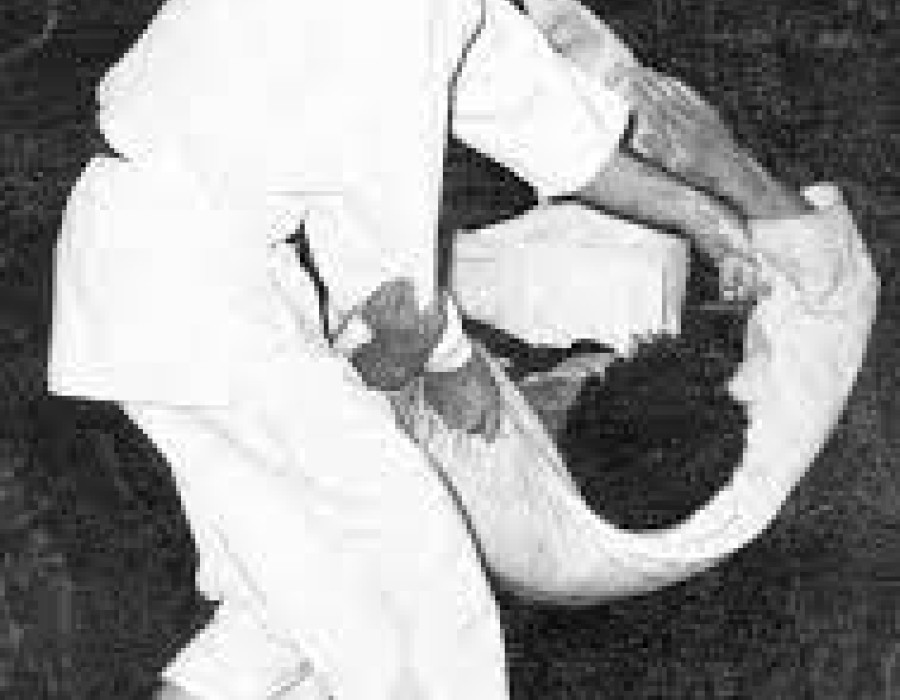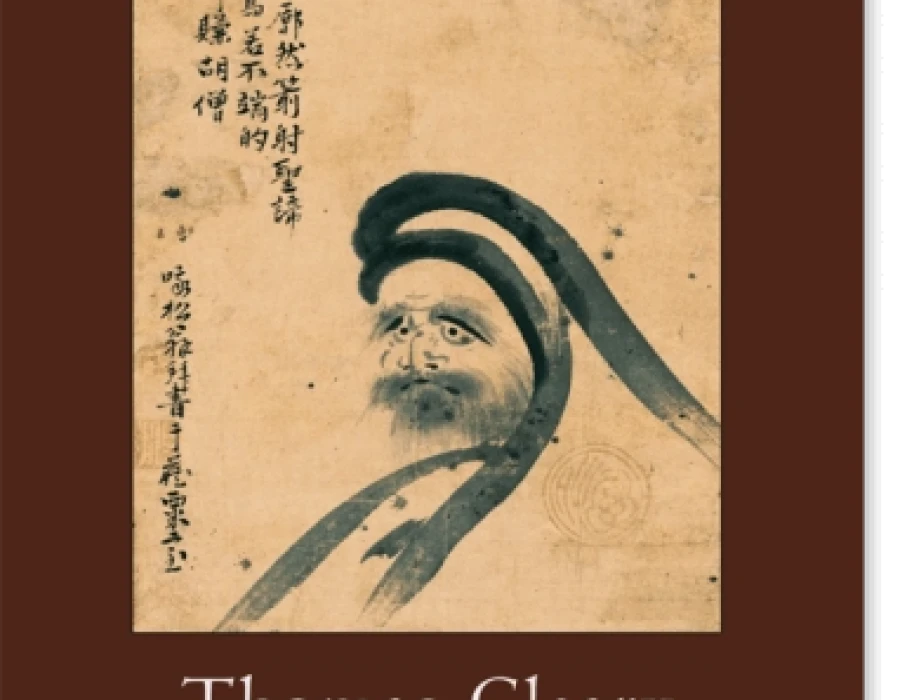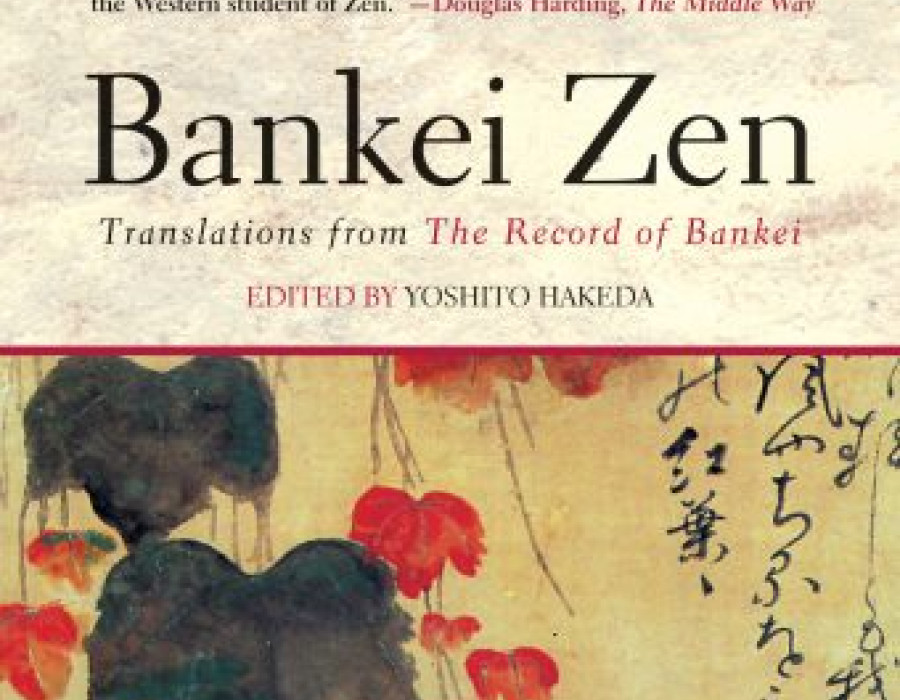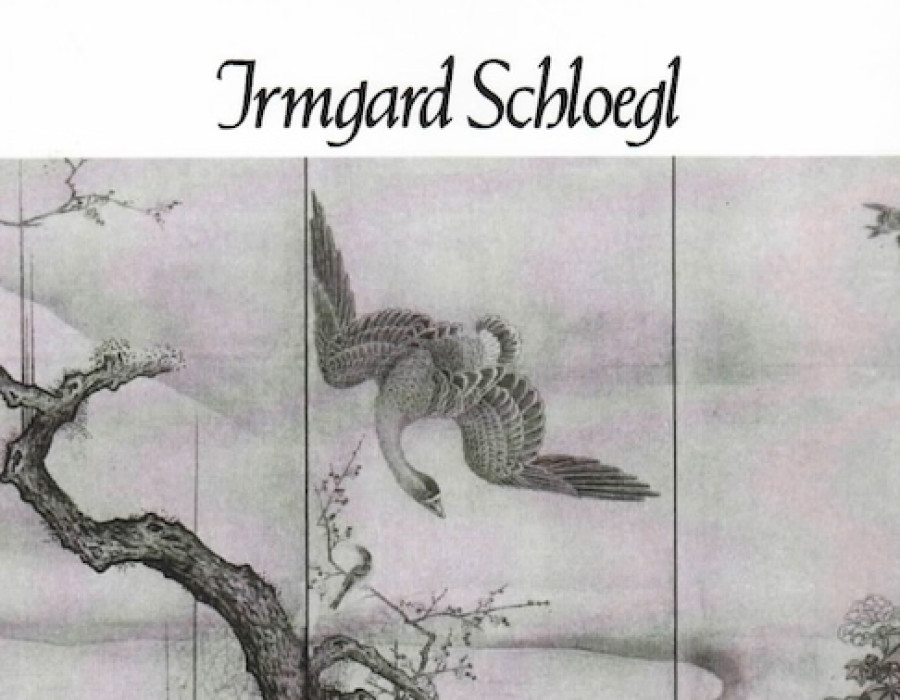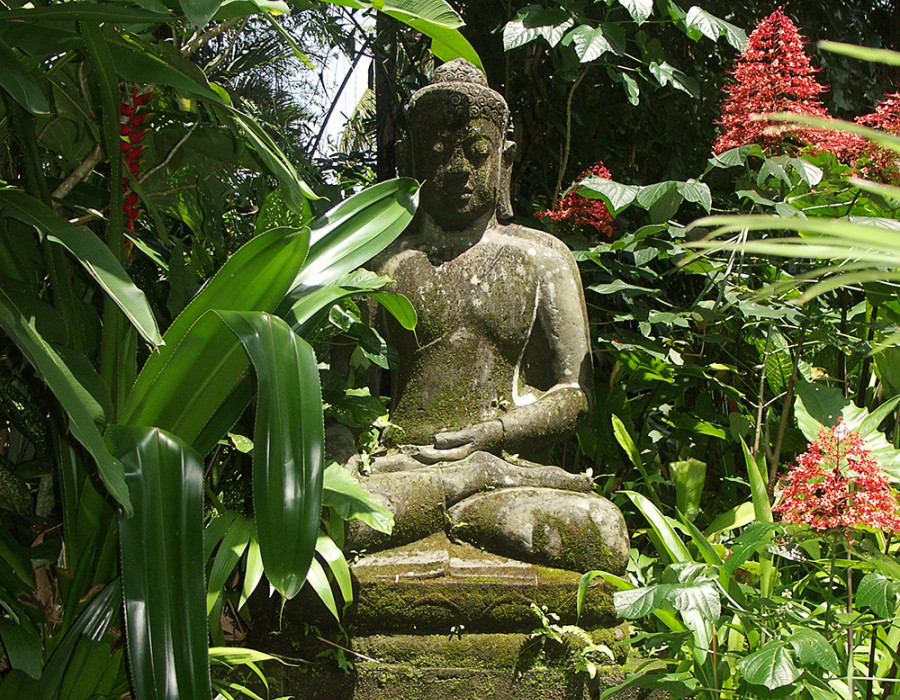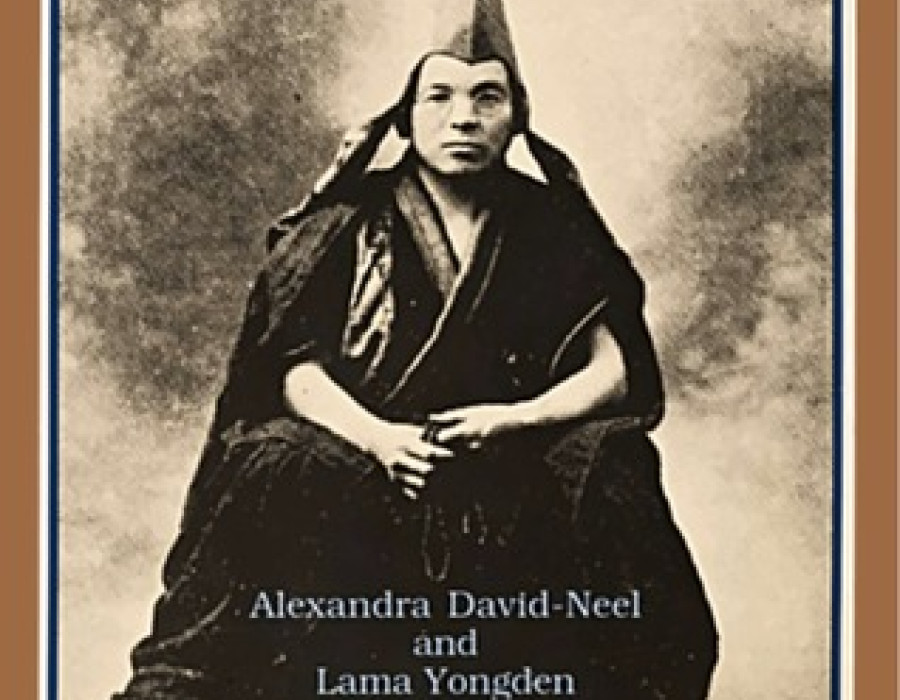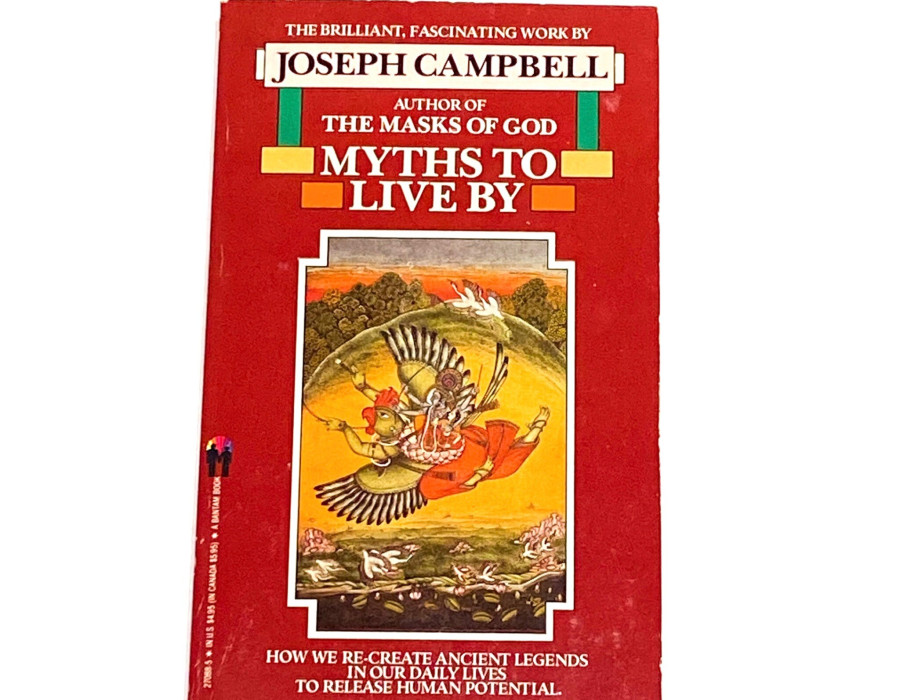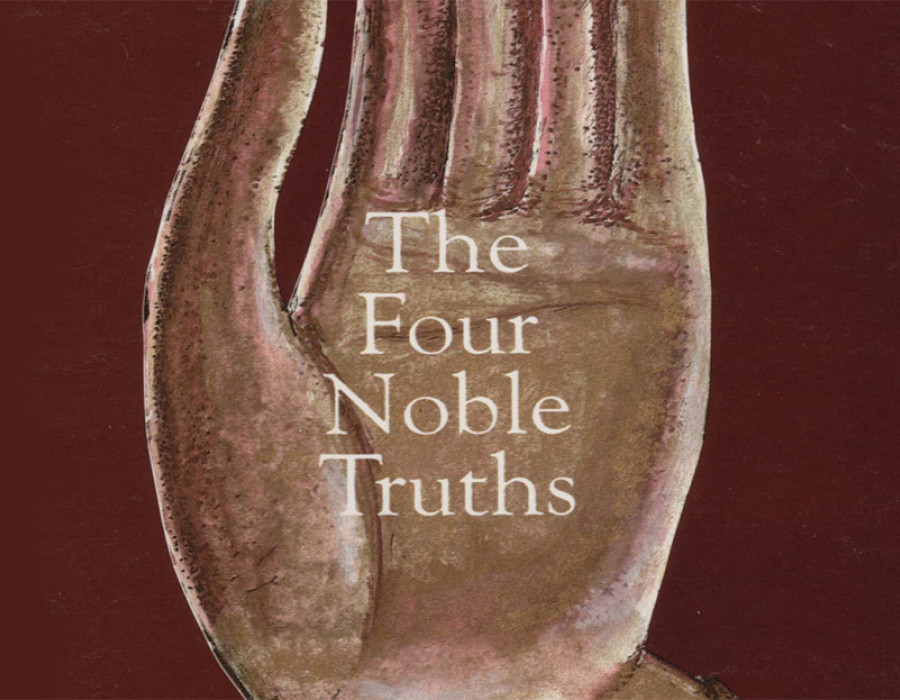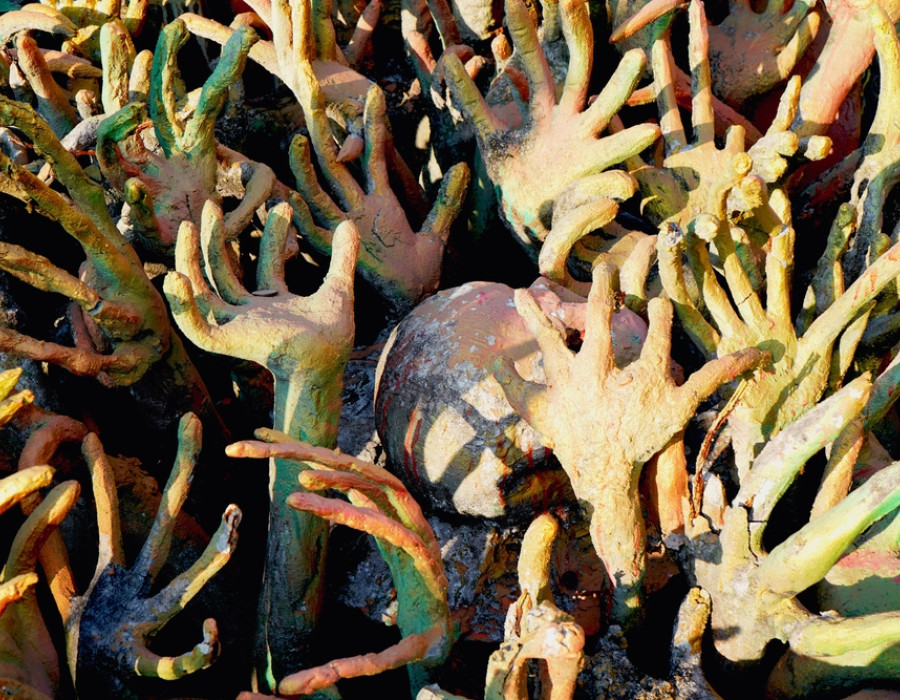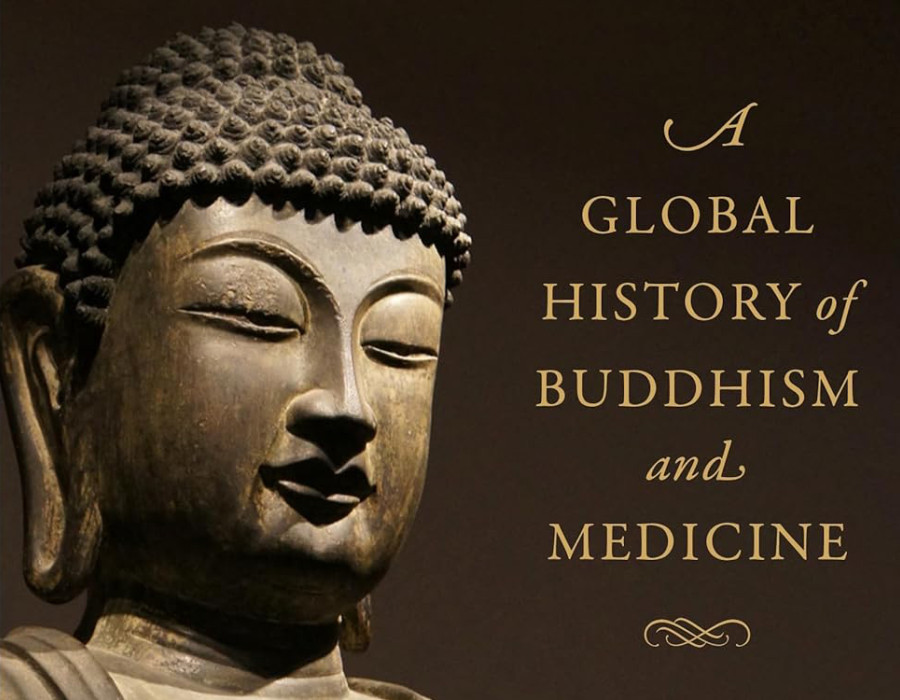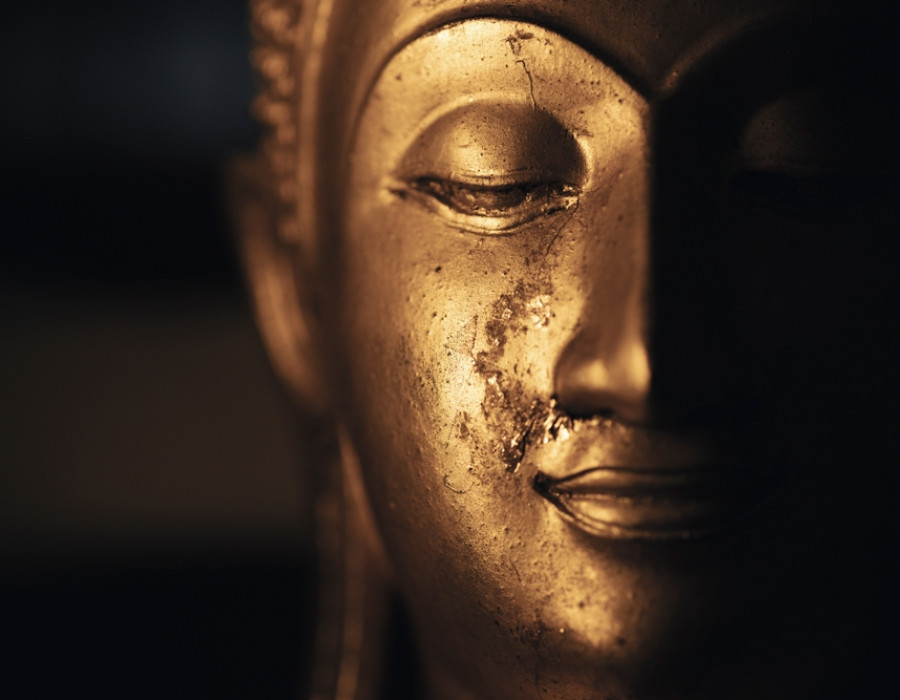Chögyam Trungpa: Working with negativity
Book Extracts
Chugyum Trungpa examines how using the negative emotions lead the way to liberation, and at what point this ‘negativity’ actually becomes a ‘negative’ influence in our lives.
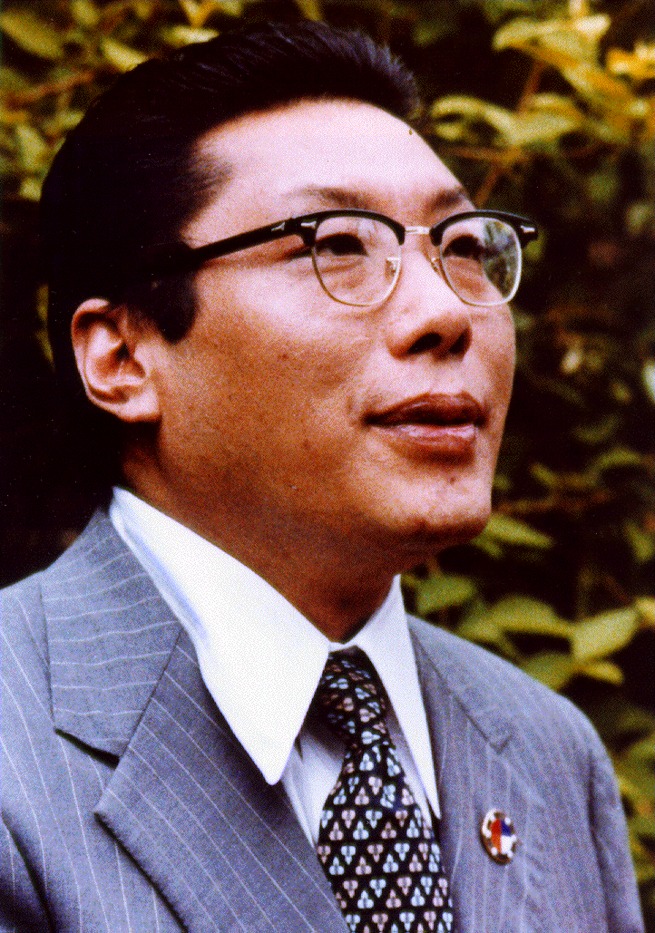 ©
©
”We all experience negativity — the basic aggression of wanting things to be different than they are. We cling, we defend, we attack, and throughout there is a sense of one’s own wretchedness, and so we blame the world for our pain. This is negativity. We experience it as terribly unpleasant, foul-smelling, something we want to get rid of. But if we look into it more deeply, it has a very juicy smell and is very alive. Negativity is not bad per se, but something living and precise, connected with reality.
“Negativity breeds tension, friction, gossip, discontentment, but it is also very accurate, deliberate, and profound. Unfortunately, the heavy-handed interpretations and judgments we lay on these experiences obscure this fact. These interpretations and judgments are negative negativity, watching ourselves being negative and then deciding that the negativity is justified in being there…
“Negative negativity refers to the philosophies and rationales we use to justify avoiding our own pain. We would like to pretend that these “evil” and “foul-smelling” aspects of ourselves and our world are not really there, or that they should not be there, or that they should be there. So negative negativity is usually self-justifying, self-contained….
“This secondary, commenting kind of intelligence of double negativity is very cautious and cowardly as well as frivolous and emotional. It inhibits identification with the energy and intelligence of basic negativity. So let’s forget about justifying ourselves, trying to prove to ourselves how good we are.
“The basic honesty and simplicity of negativity can be creative in community as well as in personal relationships. Basic negativity is very revealing, sharp, and accurate. If we leave it as basic negativity rather than overlaying it with conceptualizations, then we see the nature of its intelligence. Negativity breeds a great deal of energy, which clearly seen becomes intelligence. When we leave the energies as they are with their natural qualities, they are living rather than conceptualized. They strengthen our everyday lives.”
[Excerpted from The Myth of Freedom and the Way of Meditation, by Chögyam Trungpa. (Boston: Shambhala, 1976.)

